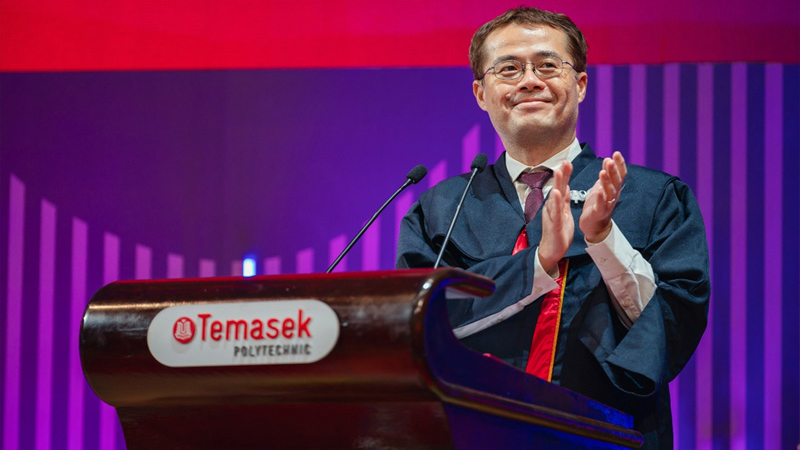What are the differences between Polytechnic Diploma/Specialist Diploma and SSG’s WSQ Diploma/ Specialist Diploma programmes?
- What are the differences between Polytechnic Diploma/Specialist Diploma and SSG’s WSQ Diploma/ Specialist Diploma programmes?
MOE’s part-time diplomas/specialist diplomas are determined in consultation with economic agencies and the industries, have a broader scope of training and are more content-focused. SSG’s Singapore Workforce Skills Qualifications (WSQ) diplomas are vocational in design, developed with validation from the industries based on a comprehensive set of performance standards around specific occupations and job areas.

















/D%20in%20Infocomm%20and%20Digital%20Media%20(ICT%20Systems,%20Services%20_%20Support).jpg)








/D%20in%20Applied%20Science%20(Chemical%20Technology).jpg)
/D%20in%20Engineering%20(Aerospace)%20Banner.jpg)
/D%20in%20Engineering%20(OSM)%20Banner.jpg)



/D%20in%20Business%20Practice%20(Business%20Administration).jpg)



/D%20in%20Business%20Practice%20(Logistic%20Management).jpg)
/d-in-engineering-aviation-management_1400.jpg)








